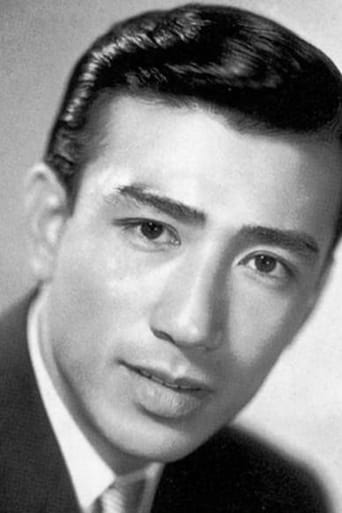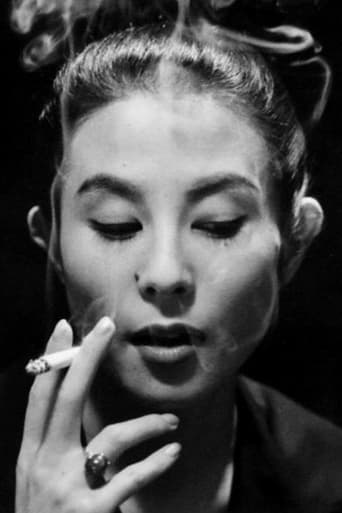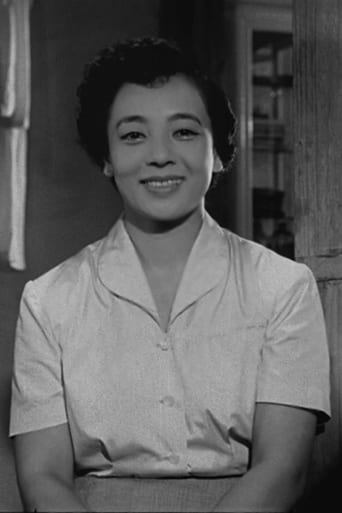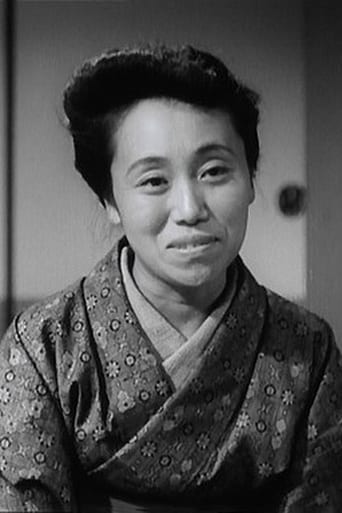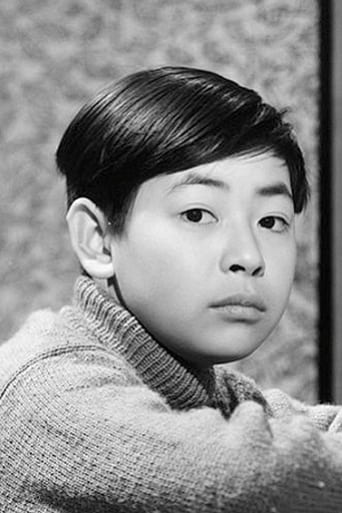Exoticalot
People are voting emotionally.
VeteranLight
I don't have all the words right now but this film is a work of art.
Isbel
A terrific literary drama and character piece that shows how the process of creating art can be seen differently by those doing it and those looking at it from the outside.
tomgillespie2002
Japanese master Yasijuro Ozu repeated many themes in his movies. One of the key things running throughout his films is the idea of communication, or the lack of it. Good Morning, or Ohayo (to give the film its native title) centres around two young brothers, Minoru (Koji Shitara) and Isamu (Masahiko Shimazu), who long to own a television set. Their parents refuse, citing the fact that it will kill the art of conversation as the reason why. The boys rebel after accusing grown ups of talking a lot but never saying anything worthwhile, and go on a vow of silence, much to their parents gratitude. In a key sub-plot, the town gossips accuse the neighbourhood treasurer Mrs. Haraguchi (Haruko Sugimura) of embezzling their funds in order to buy herself a new washing machine, when in fact one of the gossips' mothers had forgot to pass the money on.Ozu's reputation as one of cinema's all-time greats and a director of elegance and sophistication is given a bit of a kick up the arse in this film. This is Ozu at his most hilarious. The mischievous brothers' increasingly desperate antics unwittingly causes mayhem amongst the townsfolk and inevitably has them bickering amongst themselves. It also contains lots of fart jokes. Yes, fart jokes, from Ozu. The brothers and their friends have a strange obsession with forcing out little farts as they push each others foreheads, which causes one unfortunate to repeatedly soil himself as he tries to take part.The kids' accusations that grown-ups have nothing useful to say is as amusing as it is poignant. The communities breakdown in communication leads to all sorts of rumours flying around about where the treasuries money is, when a simple forgetful act is all that has taken place. Even when this is discovered and the matter appears to be cleared up, they still find ways to stir up trouble. And the scene where two singletons who are obviously attracted to each other talk about the weather to fill the awkward silences, is as heartbreaking as it is oddly magical. Only a true master such as Ozu can conjure two conflicting emotions from one scene. But beneath all the bittersweet comedy and social observations is a sobering message about the decline of community and the looming death of cinema. Stunning filmmaking from a true great.www.the-wrath-of-blog.blogspot.com
GyatsoLa
Ozu's films always balance humour, heartbreak and social comment - in this film the balance is decidedly in favour of humour. Its hard to imagine a slighter story to build a full movie - two little boys who decide not to speak for a few days in a huff over being denied a TV. But Ozu builds a whole world out of this dull little suburb in a Japan just getting on its feet after the war and embracing consumerism as an alternative to..... well, whatever went before.I think only Ozu could make boring mass produced housing look so utterly gorgeous in full colour, and the minor bickering of the household ladies seem so important. He's helped by a fantastic cast, especially the child actors playing the little boys (oddly enough, there doesn't seem to be any little girls in this suburb). The story has layer up layer of irony (aided by numerous fart jokes) built up upon its slight foundations making an utterly fascinating film. As usual with Ozu, he doesn't lecture, although as always his sympathy is slightly tilted to the somewhat bemused father figures. Even the simple ending, a shot of laundry fluttering on a line, seems somehow laden with meaning. The whole film is a pure delight.
rory-campbell
Ohayo carries an unshowy, wry humour close to the surface throughout, and entertains just by offering privileged access to 1959 Japanese suburban society, and its houses, streets and bars. The little boys driving the drama are comic to watch and act wonderfully. Their hunger strike and fart games are presented matter-of-factly, almost obliquely, and the humour is not so much understated as unstated altogether.The film also is apparently filmed at knee height. While most great cinematic breakthroughs pass me by without leaving a mark (so what if that was all one take?), this gives rise to a pleasingly Alice in Wonderland feel. More importantly, it puts you in with the boys in their scenes, and includes you in the dialogues between gossiping neighbours, and informal meals, which all take place seated on the floor.The result is quirky and accessible, and easy to like even for those who are not lovers of abstruse cinema.
maurazos
I have to say that "Ohayô" has been the Ozu's film I have enjoyed most, more than his quite acclaimed "Tôkyô monogatari". I often find Ozu's movies so quiet and boring, full of not very interesting lives of middle-class Japanese, whose social life is merely reduced to their homes, where they just find a not very exciting life and where there is no place for rebel souls. The plots are usually so weak and neutral, not funny because they are not comedies, but not so sad to be considered dramas, and . That is not the case of "Ohayô": this is a real comedy, in the way it is Ozu's "Umarete wa mita keredo" ("I was born but...", a soundless movie made in 1932): in fact, I believe that Ozu used and developed the script of this film to write the story is told in "Ohayô". It is so funny to discover the rebel strategies of the couple of brothers who are the main characters of the film to reach their main goal: to convince their father to buy a TV (if the film were made in nowadays, they would want him to buy a new cellular). And funny to see how their attitude can have consequences over other characters. I must say that the film keep the usual Ozu's vision about Japanese family, which seems to be the warmest, safest, happiest social environment, a place where never happens anything wrong. Anyway, this time did it in a way that can make you believe in that and spend a good time too. Highly recommended.

